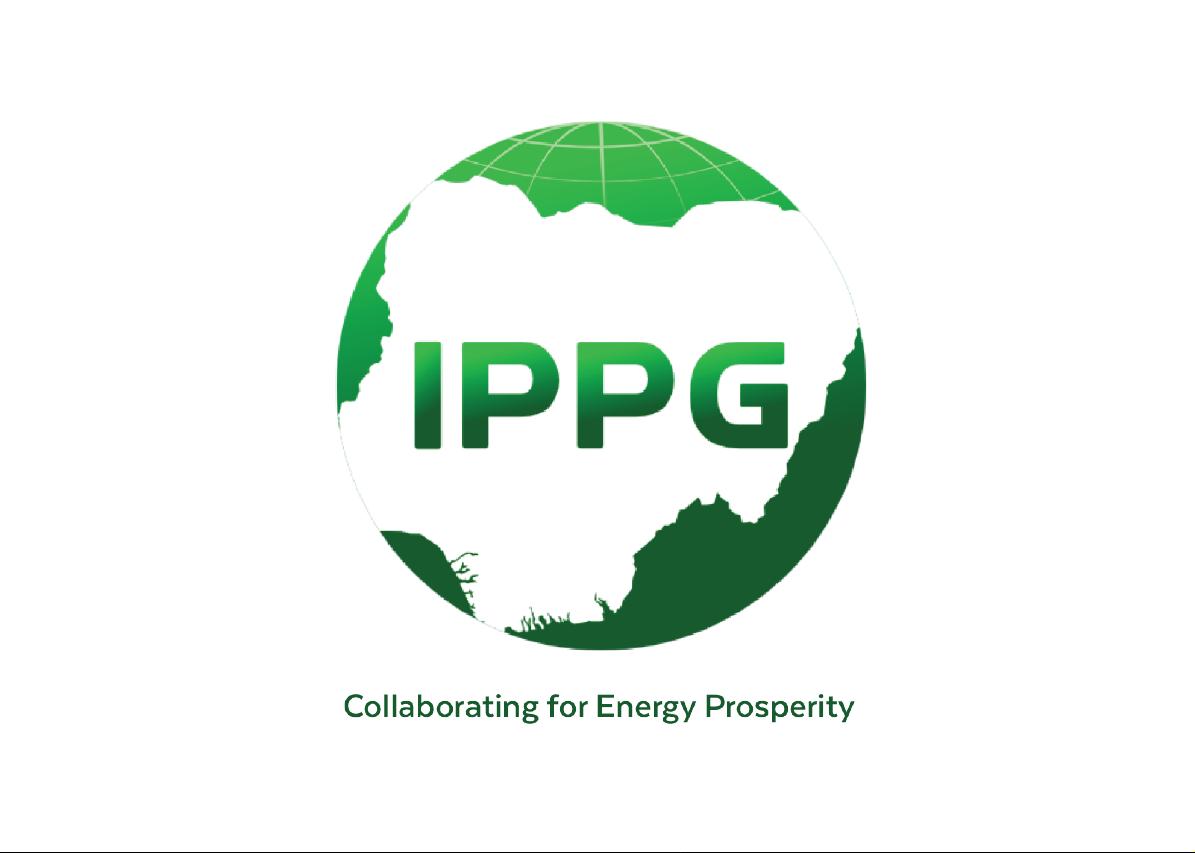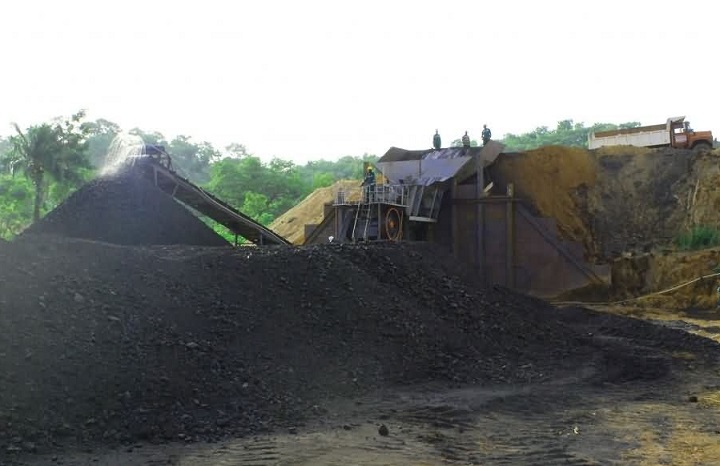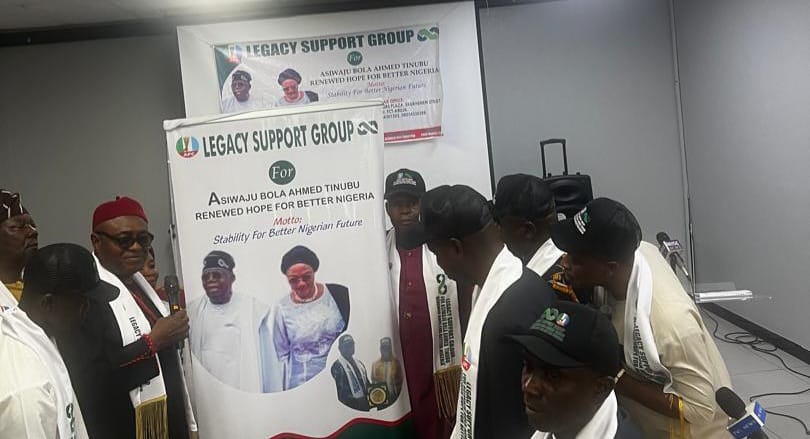
The Federal Competition and Consumer Protection Commission (FCCPC) on Thursday said market associations across the 36 states and the Federal Capital Territory are responsible for the persistent hike in the price of food commodities.
The Acting Executive Vice Chairman (FCCPC) Dr Adamu Abdullahi, stated this in Abuja during a one-day webinar with Non-Governmental Organizations (NGOs) and Consumer Protection Groups (CPGs) themed “Collaboration for competition and consumer protection.”
Abdullahi said that although insecurity is a major problem in food production, some individuals in the market have become dictators in the supply and distribution chain of food products into the market.
He said, “We are not a price regulatory agency, but there are some sharp practices in the market that we have to ensure they don’t occur. Issues like price gauging and cartel must be addressed.
“Every market now has associations for different products. Farmers who are not members of the association are prevented from entering the market which defeats the essence of a market. These associations have evolved into cartels and they now decide the price of food products.
“But they go beyond price fixing. Now they decide the rate of food supply into the market to create scarcity and inflate the price of available products.
“These are issues we have found out and have taken action against. We have warned the Abuja Market Management and the Chairman of the Local government on the association practices which are against the law.”
Speaking further Abdullahi noted that a market survey done by the commission in collaboration with the National Consumer Advocacy Group discovered that increase in prices of food was caused by faulty vehicles, and diesel prices amongst others.
He added, “Farmers provide incentives above N100,000 for various payments at checkpoint, local government along the way before their product gets to their destination for sale.
“Most of the Vehicles used for transportation are all dilapidated and along the way, they may have breakdowns. For instance, a faulty vehicle transporting perishables like tomatoes if broken down will lead to waste on the product. A farmer transporting the next batch will increase his price to cover up for the earlier loss encountered.
“The issues of the price of fueling and diesel are affecting products. To make matters worse there, are no standard roads leading to farms or small markets. So, farmers have to use a more expensive product which is petrol to transport the goods in smaller vehicles to the small market.
“When they get to the small market, the foods are then moved to diesel trucks, and trailers to transport the products to the urban markets and beyond.”
Speaking on the federal government’s plans to address the cost of transportation, Abdullahi said through the implementation of Compressed Natural Gas (CNG), traders and farmers would save at least 60 per cent of the cost of fueling these vehicles.
Abdullahi assured of the commission’s commitments to control market politics and price gauging.







